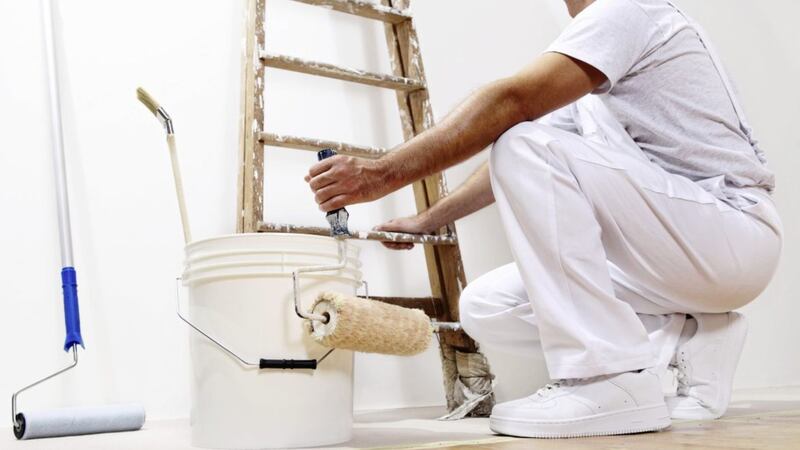THE number of people working for themselves and saving towards a personal pension has dropped by almost a third in the last four years, according to HMRC.
The Taylor Review showed that the number of people working for themselves had increased by a third since the start of the century.
In 2001 it was 3.3 million, it had risen to 4.81 million by 2017. Still only 13 per cent are saving for a pension.
This is compared to 68 per cent of people with workplace pensions.
Although the government are talking about extending automatic enrolment into workplace pensions to the self-employed, it has not happened yet.
If you are self-employed, there are valid reasons why you may be focused on the day to day, rather than forward planning.
Planning ahead can slip to the back of your mind when you don’t have an employer to take care of it for you, and your main concern is looking after your customers.
For those working for an employer in a company, since April of this year they are obliged to pay five per cent of their salary into a pension, topped up by three per cent more by their employer. That’s eight per cent of their salary going towards retirement planning, every month.
It’s a different story if you are working for yourself. As a self-employed person, you know you have a problem when even Downing Street is worrying about you, and the residents of Number 10 and Number 11 are trying to help.
The Chancellor of the Exchequer’s advisers recently said: “There are clues that all but the highest-earning self-employed workers are turning their backs on pensions.
“It’s a reminder that a lot rests on the government’s work where they are testing nudges to boost saving among the self-employed.”
This was based on HMRC figures that the effective tax relief granted to self-employed people was 40 per cent.
To qualify for that amount of tax relief today you have to be earning over £50,000.
This would indicate that only the higher-earning self-employed are able to take care of arranging their retirement.
The situation is exacerbated by the fact that people tend to become self-employed later in life. Research shows
that 44 per cent of all self-employed people in the UK are aged between 50 and 65. While the average age of a company employee is currently 29, the average self-employed person is 46.
Having a pension is absolutely the best way to save for later life. No other financial product gives you tax relief on your savings and ‘locks in’ your savings until retirement age. You can also pay into a pension for your spouse, so that both of you benefit from tax relief and are provided for in retirement.
And if you have a spare few pounds, you could even pay up to £2,880 a year into pensions for your children, which would be stored up for them until they retire. It’s called a ‘Children’s Stakeholder Pension’ and it comes with tax relief as well.
If you are self-employed and you haven’t yet set yourself up with a pension, could this be the year to do so?
:: Michael Kennedy and Shaun Doherty are independent financial advisers and pensions specialists and can be contacted on 028 71886005. Further information on Facebook at “Kennedy Independent Financial Advice Ltd” or at www.mkennedyfinancial.com







